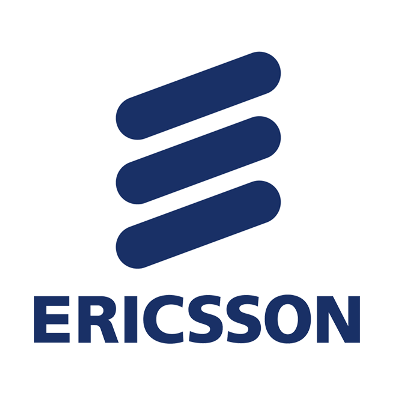Telecom network vendor Ericsson today said its 5G delivered 5 Gbps speeds during a live, over-the-air demonstration at Ericsson lab in Kista, Sweden, in the presence of NTT DOCOMO and SK Telecom senior management.
The achievement is significant for Ericsson because vendor such as Huawei, Nokia, etc. are also eyeing dominance in the 5G space which is expected to be commercially available in 2020.
Also read: Huawei to invest $600 million in 5G research
Ericsson said the demonstration of Ericsson pre-standard 5G technology achieved 5 Gbps throughput in the 15 GHz frequency band.
Also read: MWC 2014: Ericsson to showcase 5G
5G performance will enable new machine-to-machine applications that benefit both consumers and enterprises, said Ericsson.
Japan and South Korea are also likely to benefit from early 5G availability with trials already announced by both NTT DOCOMO and SK Telecom.
Seizo Onoe, chief technical officer at NTT DOCOMO, said: “5G promises performance enhancements to support future new applications that will impact both users and industry.
Ericsson Mobility Report (June, 2014) forecasts that 85 percent of North American mobile subscriptions will be LTE by 2019. North America could be one of the first regions to adopt 5G.
The Mobility Report forecasts a 10-time growth in mobile data traffic between 2013 and 2019 and highlights three to four times growth in the number of active cellular M2M devices by 2019.
Alex Jinsung Choi, executive vice president and head of ICT R&D Division at SK Telecom, said: “We plan to take the lead in 5G wireless services. 5G will build upon the investment that we have made in LTE and expand our service offering to all of our customers.”
The live demonstration employs a new radio interface concept and advanced Multiple-Input Multiple-Output (MIMO) technology.
Ericsson 5G network development activity includes new antenna technologies with wider bandwidths, higher frequencies and shorter transmission time intervals. Radio base stations built with baseband units and radio units are being developed specifically for 5G trials.






